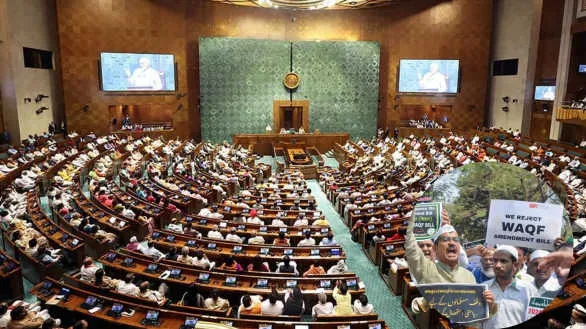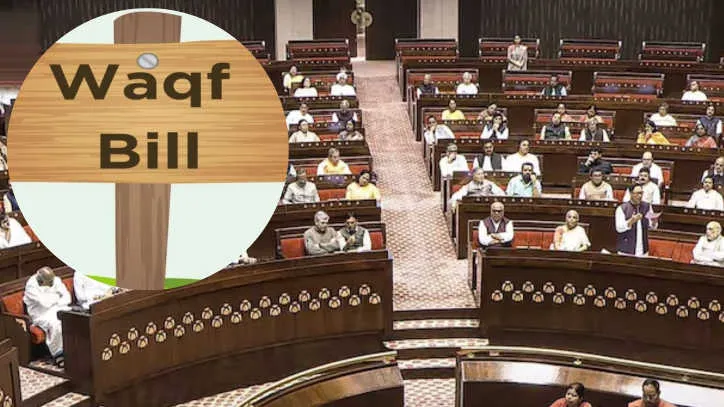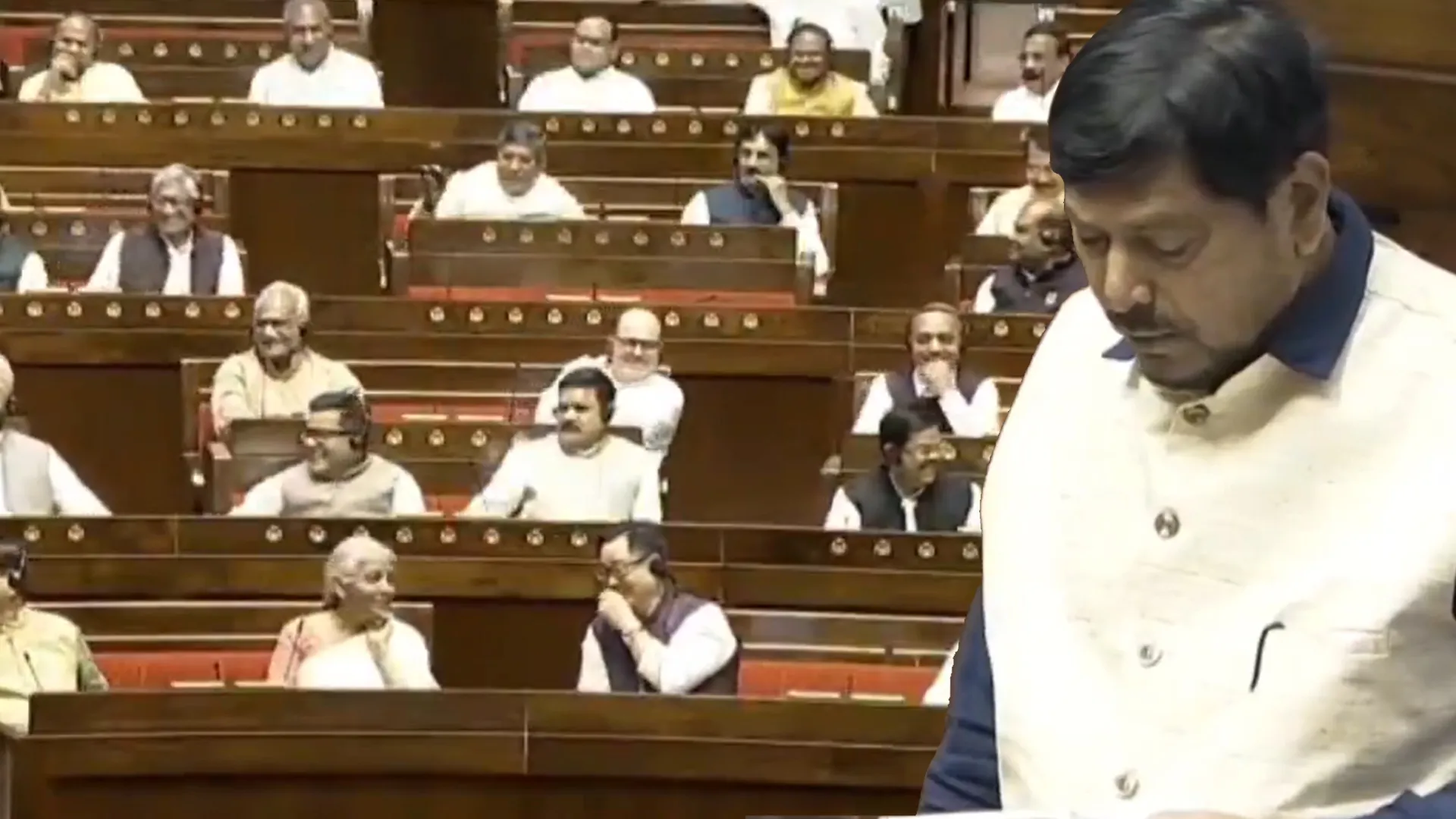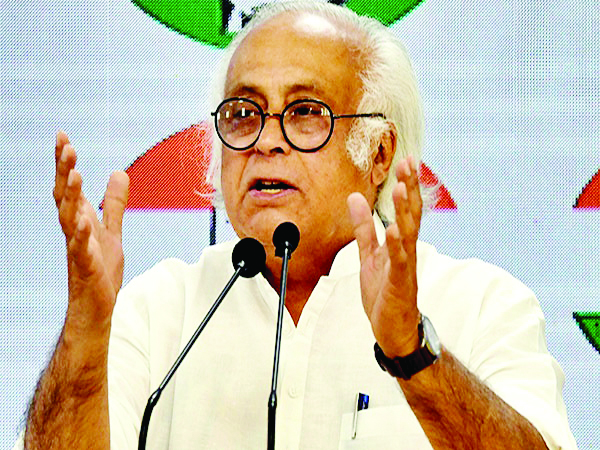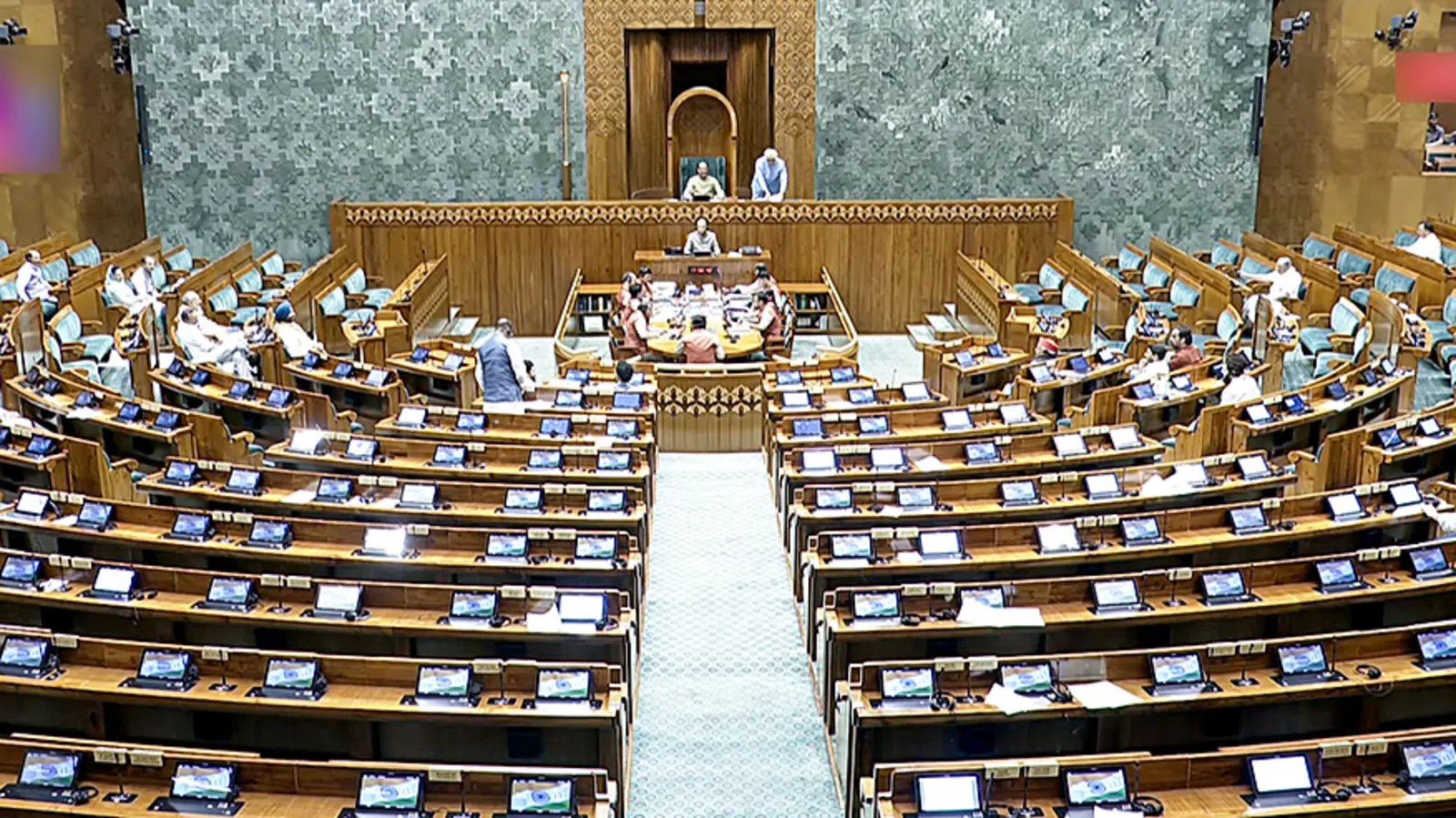The government will introduce the Waqf (Amendment) Bill, 2024, in Parliament on Wednesday. To ensure attendance, both the BJP and Congress have issued whips to their MPs. Since the ruling NDA and the opposition INDIA bloc have failed to reach a consensus, the bill’s approval will depend on the majority vote in the House.
Scheduled Debate and Possible Extension
The bill will be presented after the Question Hour for discussion and approval. Initially, an eight-hour debate is planned. However, the duration may be extended if required. Additionally, BJP and Congress allies have directed their MPs to be present on April 2 and 3.
Opposition’s Strong Resistance
The opposition has openly criticized the bill. Samajwadi Party chief whip Dharmendra Yadav has instructed all SP MPs in the Lok Sabha to attend and participate in the debate. Meanwhile, INDIA bloc leaders held a meeting in Parliament on Tuesday to finalize their strategy.
Previous Introduction and Committee Review
The bill was first introduced in the Lok Sabha in August last year. Following this, a Joint Parliamentary Committee, led by Jagdambika Pal, was formed to review its provisions and suggest improvements.
Key Objectives of the Bill
The amendment aims to strengthen the management of Waqf properties. It proposes renaming the act, refining key definitions, streamlining the registration process, and integrating technology for better record-keeping.
Addressing Long-Standing Issues
The Waqf Act of 1995 was originally enacted to regulate Waqf properties. However, critics argue that it led to mismanagement, corruption, and illegal encroachments. These amendments seek to resolve these problems and ensure stricter oversight.

